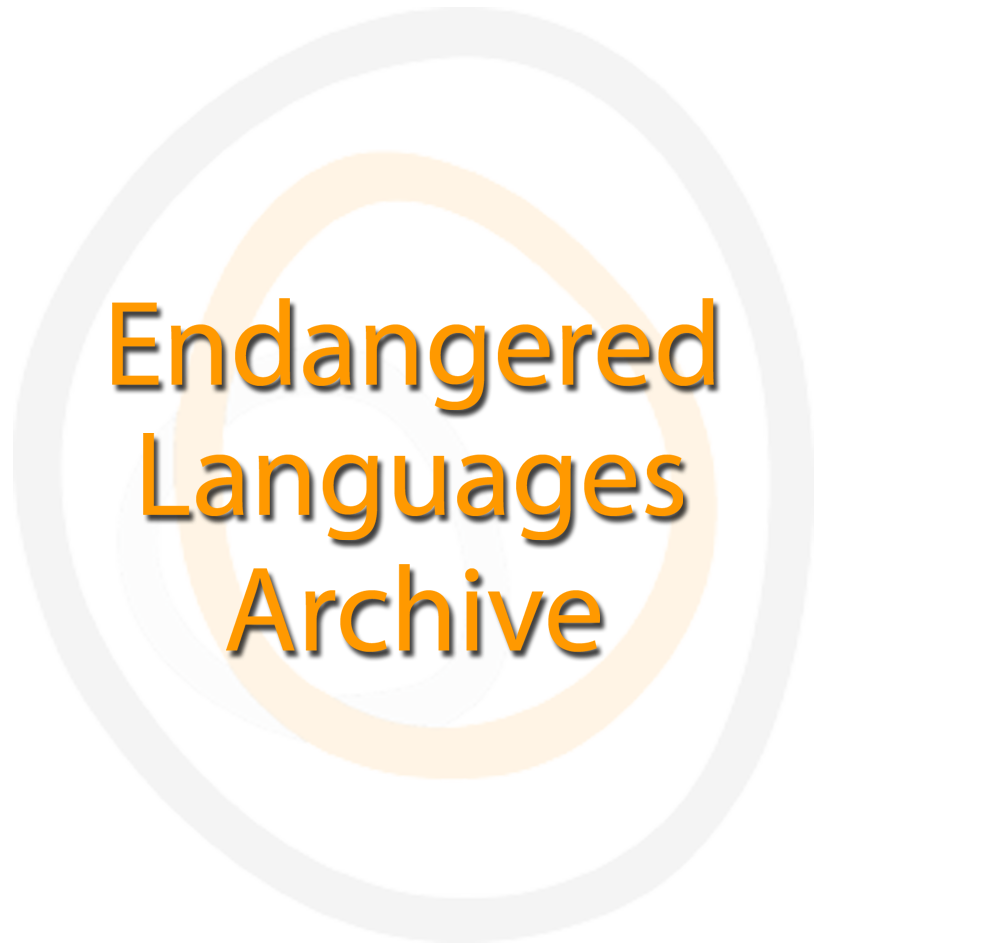Conversational Kiksht
| Language | Kiksht |
| Depositor | Nariyo Kono |
| Affiliation | Portland State University |
| Location | United States |
| Collection ID | 0066 |
| Grant ID | MDP0179, PPG0031 |
| Funding Body | ELDP |
| Collection Status | Collection online |
| Landing Page Handle | http://hdl.handle.net/2196/be58bd96-0354-492e-9aef-42b4c5f29f76 |
Summary of the collection
This collection consists of audio and video recordings of the last fluent speaker of Kiksht, spoken in Oregon, US, resulting from fieldwork conducted between January 2007 and August 2008.
Based on ‘best practice’ documentation methods and by adapting an established indigenous language teaching method (Master-Apprentice Method by Hinton) the project team aimed to develop a unique documentation methodology, contributing to both the documentation and language revitalization processes that the community urgently needs. By applying this methodology, community members can continue to capture quality documentation, empower speakers at all levels, and generate language materials.
Group represented
Wasco, Warm Springs Tribes in Oregon
Language information
Kiksht is a Chinookan language with only two remaining speakers. The acknowledged most fluent speaker, Gladys Thompson, is a 92-year-old woman residing on the Warm Springs Reservation in Oregon. A second fully competent speaker, Nelson Moses, an elder male, resides on the Yakima Reservation of Washington. There are a handful of semi-fluent speakers on the Warm Springs reservation. The Warm Springs tribal language program has worked to revive the language, and there have been several documentation efforts over the last hundred years.
Special characteristics
Conversations among the last fluent speaker and her apprentices.
Collection contents
The collection comprises over 100 audio and video files. Genres include narration, translation, elicitation and pedagogical materials.
Collection history
Documentation of Kiksht began in the late 1880’s by some of the first American linguists. Several have published their texts: Boas (1903 & 1911), Sapir (1909) and Dyk(1933), whose doctoral dissertation grammar remains one of the most frequently referenced texts. More than twenty years after Dyk’s work was published, a string of anthropologists and linguists began visiting the Warm Springs reservation: French (1961), Hymes (1956 & 1975), Silverstein (1974, 1977, 1984 & 1994), Millstein (2002) and Moore (1988, & 2000). Those scholars produced texts, but their studies were limited to narratives and stories.
Unfortunately, the Warm Springs language program does not have these recordings. Thus, only recently, some recordings have been created by the Kiksht teaching group itself in the process of producing teaching materials. This effort began in the late 1990s and is still continuing. In addition to these audio-only recordings, the community Kiksht teaching group has begun to capture video material. The following section describes our current documentation effort.
This project aims to test the feasibility of capturing significant documentation based on just one fluent speaker,Gladys Thompson, who learned Kiksht as her first language and has remarkably retained her fluency throughout her life. She is resolute in her determination to pass along her language to the younger generation, and thus represents a vital member of and vital resource to the project. The project team (which includes this fluent speaker, two apprentices, an on-site manager and P.I.) have produced audio and video recordings, whichinclude speakers’ narratives, Master-Apprentice conversations, the re-telling of stories, recordings based on old manuscripts, and English-to-Kiksht translation. (In the English-to-Kiksht approach, the apprentice spontaneously tells stories and the master speaker translates them into Kiksht, sentence by sentence.) The recordings were collected by the speakers in Warm Springs, Oregon.
Acknowledgement and citation
Users should obtain permission from Manager of Culture and Heritage Language Department, Confederated Tribes of Warm Springs: Valerie Switzler. The Kiksht/Wishxam families have right to access the materials.
To refer to any data from the collection, please cite as follows:
Kono, Nariyo, 2015. Conversational Kiksht. Endangered Languages Archive. Handle: http://hdl.handle.net/2196/00-0000-0000-0002-F81E-8. Accessed on [insert date here].


